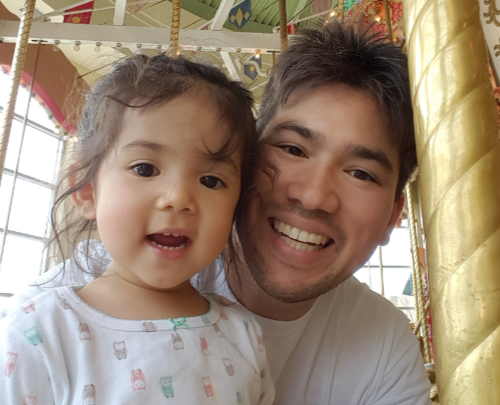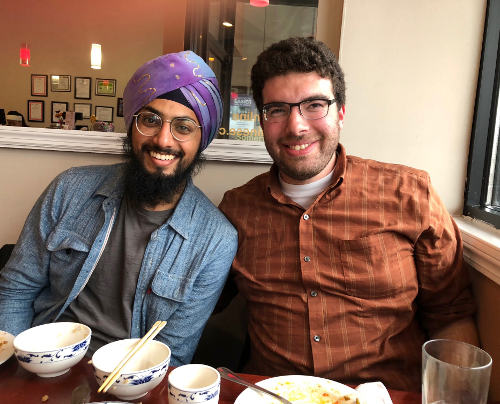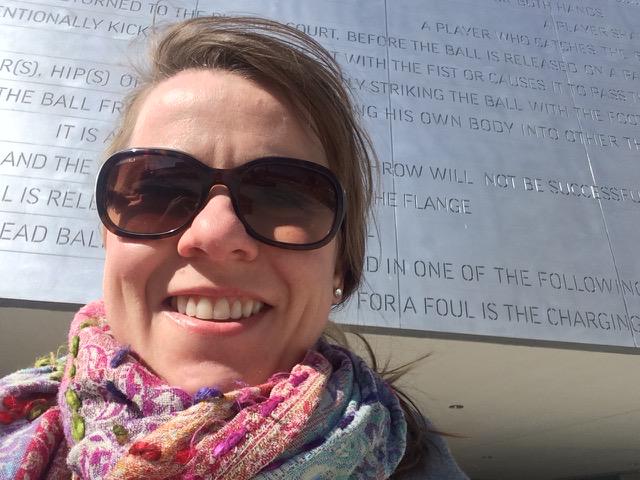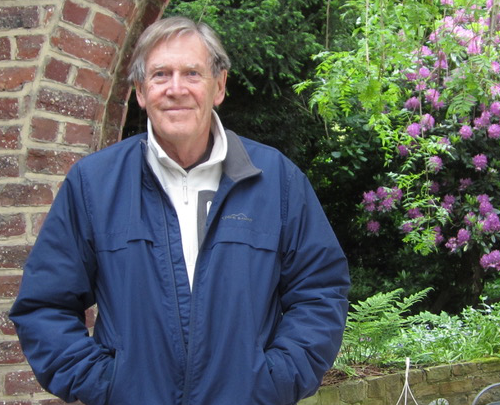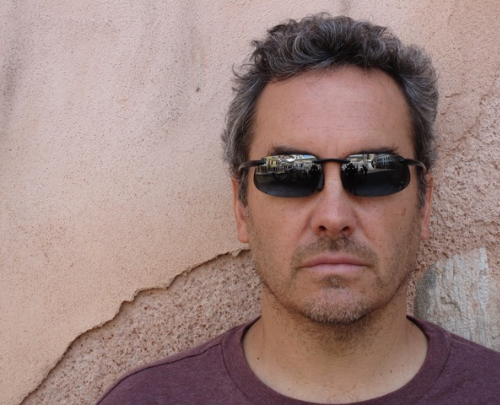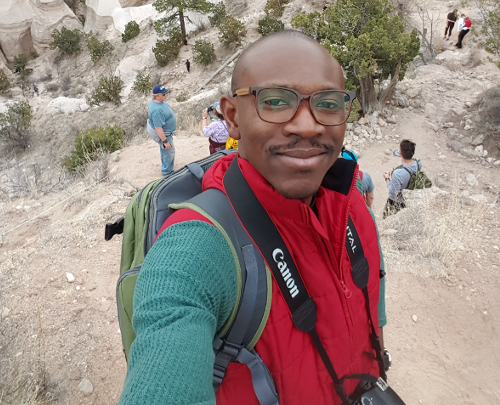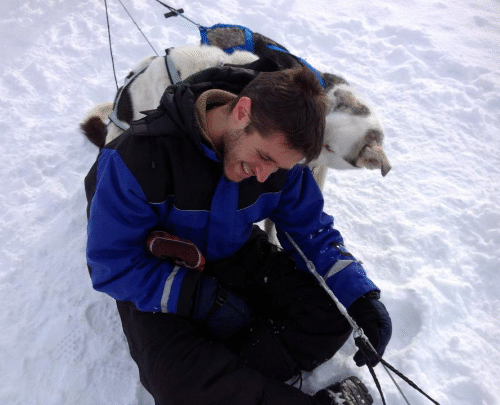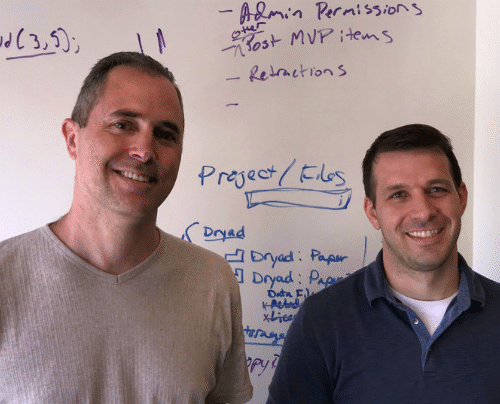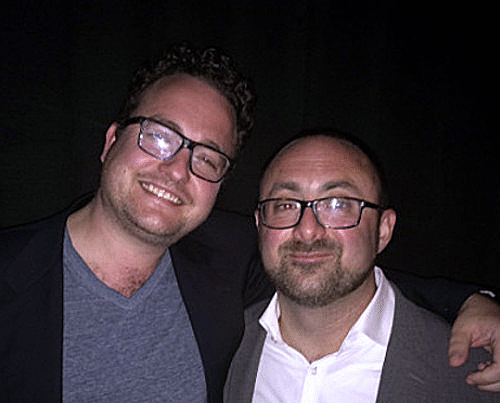6
Mar 2018
Michael Kraus from Yale University's School of Management talks with us about his research examining the role of the voice in our capacity to accurately estimate the emotions of others. His open-access article, "Voice-Only Communication Enhances Empathic Accuracy", was published in the American P...
20
Feb 2018
Sam Mehr and Manvir Singh from Harvard's Music Lab talk with us about their research suggesting that people across the world can detect the social purpose of other cultures' songs based only on how they sound. Their open-access article, "Form and function in human song" was published in Current B...
6
Feb 2018
Niki den Nieuwenboer from the University of Kansas' School of Business talks with us about her research on how middle-managers can manipulate organizational structures to coerce their staff into unethical behaviors to inflate both of their apparent performance. Her paper, "Middle Managers and Cor...
23
Jan 2018
Bill Clark from the University of California Los Angeles discusses his research applying the endowment effect of Prospect Theory to decisions of why people move from, or stay in, their homes. His open-access article, "Prospect theory and the decision to move or stay," co-authored with William Liso......
9
Jan 2018
In episode 14 we talk with Rafael Núñez from the University of California San Diego about his research into if human understanding of number has developed through biological evolution, or through the evolution of language and culture. His article, "Is There Really an Evolved Capacity for Number?,"...
12
Dec 2017
In this episode we talk with Folarin Kolawole from the University of Oklahoma about his research into how the reactivation of faults can lead to earthquakes in places where they've never before occurred in recorded history. His open-access article "Aeromagnetic, gravity, and Differential Interfe......
28
Nov 2017
Adam Morris from Harvard University's Department of Psychology talks with us about his game theory research into why people engage in retribution with little regard for its effectiveness, yet they respond to punishment from others with flexibility based on costs and benefits. His open-access art......
24
Oct 2017
Reproducing research results can help accelerate the scientific progress. In the second half of this two-part episode, Tim Errington and Brian Nosek from the Center for Open Science share insights from their the Center's replication of a high-profile anti-cancer treatment study. In the episode T...
17
Oct 2017
Open access to both the scientific process and results should be the default, not the exception. In the first of this two-part episode, Brian Nosek and Tim Errington from the Center for Open Science talk about the important role of open science in accelerating scientific progress, as discussed i......
19
Sep 2017
Many people hear voices that aren't really there. It drives some to seek psychiatric treatment, but others are able to make use of it in healthy ways. In this episode, Al Powers and Phil Corlett from Yale University talk about their research into the similarities and differences between these two ......

